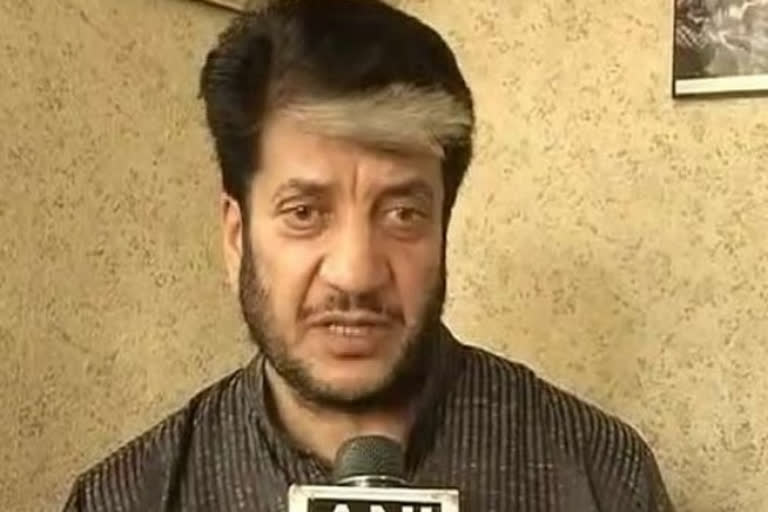New Delhi: Delhi's Patiala House Court on Thursday reserved order on Kashmiri separatist leader Shabbir Shah's bail in connection with the Enforcement Directorate (ED) case related to terror funding. Additional Sessions Judge Dharmendra Rana said the court will pass an order in the evening after the conclusion of the arguments from both sides.
Shah's lawyer MS Khan submitted: "My client has full faith in the Constitution and judiciary system of the country. He believes in what is legal, just and fair, he personally stands for freedom, liberty, human rights and equal opportunity."
He further submitted that his client has always responded to the ED summons and co-operated with the agency. "The ED investigation in the case is very slow. Shah was arrested in 2017 and in four hears agency has examined only five witnesses," he added. The same court on the last date of hearing had asked Shah's lawyer: "Whether your client has full faith in the judicial system and Constitution of India, take clear instructions from your client on this". The court then deferred the hearing for July 1 in the bail plea of Kashmiri Separatist leader in connection with the terror funding case.
Read:Delhi court asks separatist leader Shabbir Shah if he has faith in Indian judicial system
Meanwhile, Advocate Rajiv Awasthi, appearing for the ED submitted that one property has been identified which needs to be attached soon. The lawyer also stated that Shah is an influential person and the investigation is at a crucial stage. "We nabbed him after lots of effort. If he will be granted bail or released, he will flee to Kashmir, even if he stays in Delhi, he can use the technology to destabilise the situation in the Kashmir Valley," he added.
Recently, the ED in reply filed in the court had said, the present case discloses the commission of a serious crime where the accused is involved in the "generation of huge proceeds of crime from various countries including Pakistan to create unrest in Kashmir".
"Shabbir Shah was also involved in terror financing activities as terrorists need money to sustain themselves and to carry out terrorist acts. Money-laundering is the method by which criminals disguise the illegal origins of their wealth and protect their asset bases, so as to avoid the suspicion of law enforcement agencies and prevent leaving a trail of incriminating evidence," the ED's reply stated.
